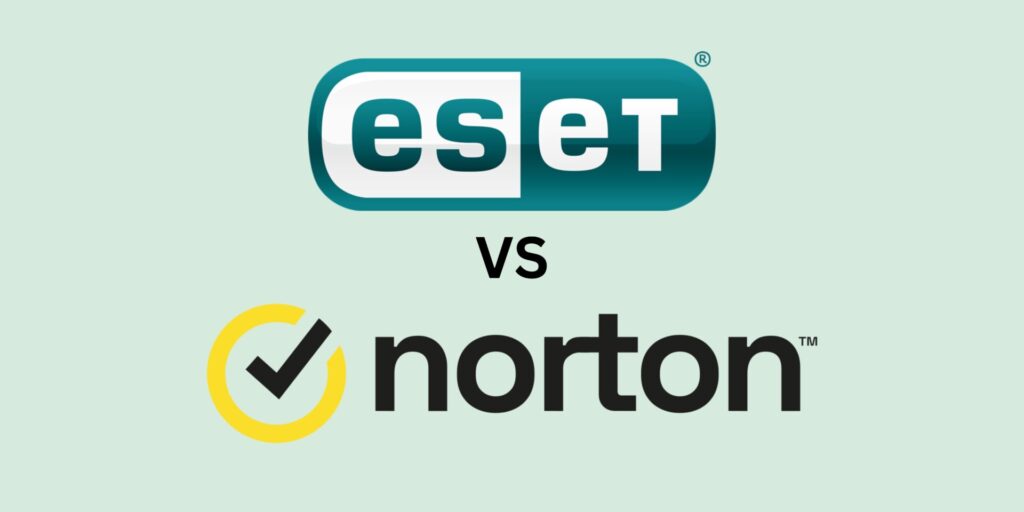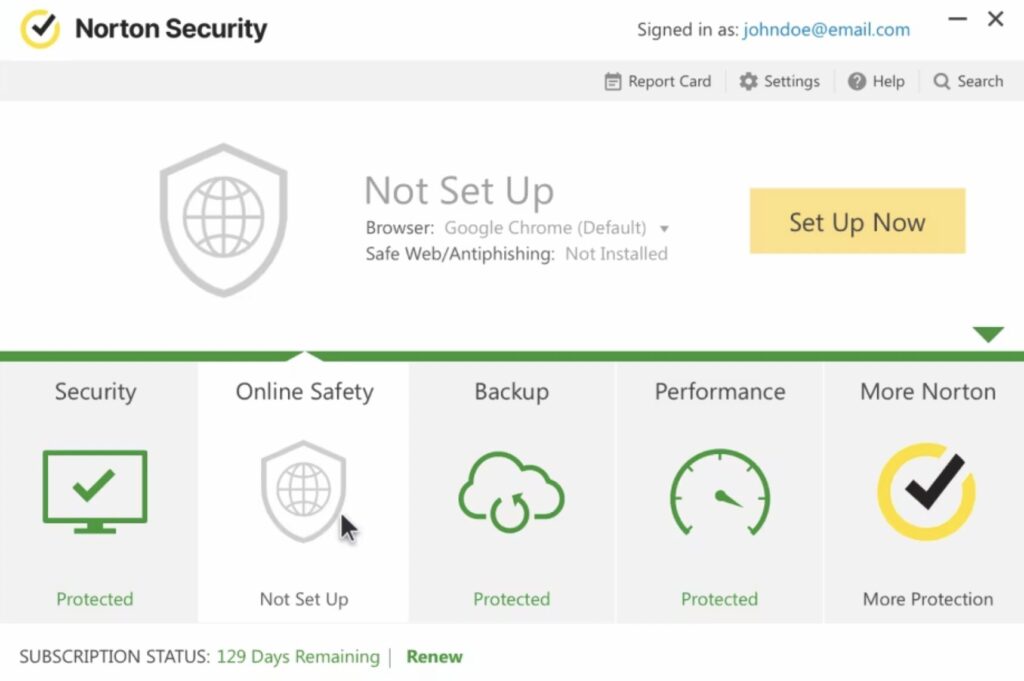
ESET and Norton offer distinct approaches to protecting users from digital threats. ESET, known for its NOD32 technology, prides itself on a lightweight footprint and efficient performance. Its engine is designed to offer fast scanning speeds and minimal system impact, making it particularly suitable for older hardware or systems where resources are at a premium. The software excels in proactive detection, leveraging advanced heuristics, machine learning, and cloud-based processing to identify and neutralize threats before they can execute. This forward-looking approach is complemented by ESET’s commitment to user education, offering comprehensive resources to help users understand and navigate the landscape of cyber threats.
Norton, on the other hand, positions itself as a comprehensive security solution, offering a wide range of features beyond traditional antivirus protection. With its Safe Web technology, Norton provides real-time browsing protection, actively scanning websites and downloads for malicious content. The integration of Norton’s LifeLock identity theft protection in its premium offerings represents a holistic approach to cybersecurity, addressing not only malware but also the increasingly prevalent issue of identity theft. Norton’s strength lies in its layered defense mechanism, which includes signature-based detection, heuristics, and SONAR (Symantec Online Network for Advanced Response) technology to identify and block both known and emerging threats.
Save Big on ESET Antivirus
Save 15% on Antivirus Plans
Performance
Both ESET and Norton have received accolades from independent testing labs, though their strengths may appeal to different user needs. ESET’s system impact is among the lowest in the industry, a critical factor for users who require seamless operation without sacrificing security. Its user interface, while comprehensive, is geared more towards users with a technical background, offering detailed settings and customizations that allow for fine-tuning of the security posture.
Interface
Norton, with its more intuitive and user-friendly interface, appeals to a broader audience, including less technical users seeking robust protection without the need for extensive customization. The software’s performance impact has been noted to be moderate, a trade-off for its comprehensive feature set. Norton’s optimization tools, such as the Startup Manager and Disk Cleanup, help mitigate system slowdowns by managing resource usage effectively.

Innovation
Both companies invest heavily in research and development to stay ahead of evolving cyber threats. ESET’s focus on lightweight, efficient protection is evident in its innovative use of machine learning algorithms that minimize false positives while maintaining high detection rates. Norton, with its SONAR technology, showcases a commitment to behavioral detection techniques, identifying suspicious behavior patterns to catch malware that evades traditional signatures.
Customer Service
Norton offers a more extensive array of options, including 24/7 live chat and phone support, forums, and a vast knowledge base. ESET’s support is also robust, with extensive online resources, though it may not match Norton’s round-the-clock live support options.
Summary
Choosing between ESET and Norton ultimately depends on the specific needs and preferences of the user. For those prioritizing system performance and advanced customization options, ESET offers an attractive solution. Norton, meanwhile, is ideal for users seeking a comprehensive security suite that extends beyond malware protection to cover web safety and identity theft, wrapped in a user-friendly package. Both providers stand out in their commitment to cybersecurity, each offering distinct advantages that cater to different segments of the market.
Comparison Table
| Feature | ESET | Norton |
|---|---|---|
| Core Technology | NOD32, lightweight footprint, fast scanning | Safe Web, LifeLock, SONAR |
| Detection Approach | Proactive detection, heuristics, machine learning | Signature-based, heuristics, behavioral detection |
| System Impact | Low | Moderate |
| User Interface | Technical, detailed settings | User-friendly, intuitive |
| Performance Optimization Tools | Limited | Startup Manager, Disk Cleanup |
| Innovation | Machine learning for efficient detection | Behavioral detection with SONAR technology |
| Customer Support | Online resources, extensive knowledge base | 24/7 live chat, phone support, forums |
| Suitable For | Users prioritizing performance, technical users | Users seeking comprehensive security, less technical users |